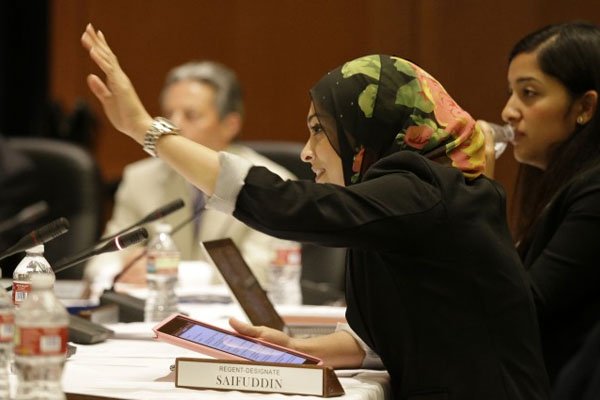5 Islamic tips to ask questions effectively

Afterschool Team
June 29, 2015
Only the ignorant would believe that Islam is a religion that discourages the seeking of knowledge. Indeed, the first verse bestowed upon the prophet Muhammad was "Read!"
In seeking knowledge, it is important to continue to seek answers. With the ease the Internet provides, it seems that many students are unsure on what are the best practices or adab (manners) in asking questions.
No matter your faith or religion, as a questioner you should take heed of these tips so that the people, teachers or experts you ask can provide you with the most accurate answers:
1. Know your limitations
Allah said: Ask those who are knowledgeable if you do not have the answers.
QS. An Nahl [16] : 43 and Al Anbiya’ [21] : 7
Understand that to err is human and you lose nothing by acknowledging the fact that you don't know everything in the world. Foster humility in yourself, throw away your ego and start asking questions.
2. Find a trustworthy source
General advice: The questioner should ask a person whom he trust in (their knowledge and religion).
With the vastness of the internet, it is understandable how confusing it can be to find the one true answer. Always check if the person or the website has the authority in the matter you are asking.
3. Be polite
"I do not seek knowledge from Atha' but through gentleness towards him" - Ibn JuraiJ, quoted by Ibnu Abdil Barr in Jami Bayanil 'Ilmi wa Fadhlih
This is basic good manners. How would you feel if somebody demands information from you but shouts, calls you names or insults you? The Q&A section may seem to be just a wall of text, but remember that there is a real person behind that screen.
4. Plan your questions
Al-Imam Ibnul Qayyim al-Jauziyah has been quoted of saying that there are 6 degrees of knowledge. The first degree is how a person structures their questions before asking it.
Prepare your question carefully so as to be clear and avoid confusing both the person you are asking and yourself. Research before formulating your question is just as important as finding the answer itself.
5. Ask for your own sake
The prophet said: Whoever seeks knowledge in order to boast in the presence of the clergy or to argue with fools or to draw attention then God will promise them a place in hell
HR. At-Tirmidzy 5/32 no.2654, endorsed by Syeikh Al-Albany
Make sure that you are asking questions in order to get answers and not to show off. Your intention should be pure and for the sake to improve yourself.










